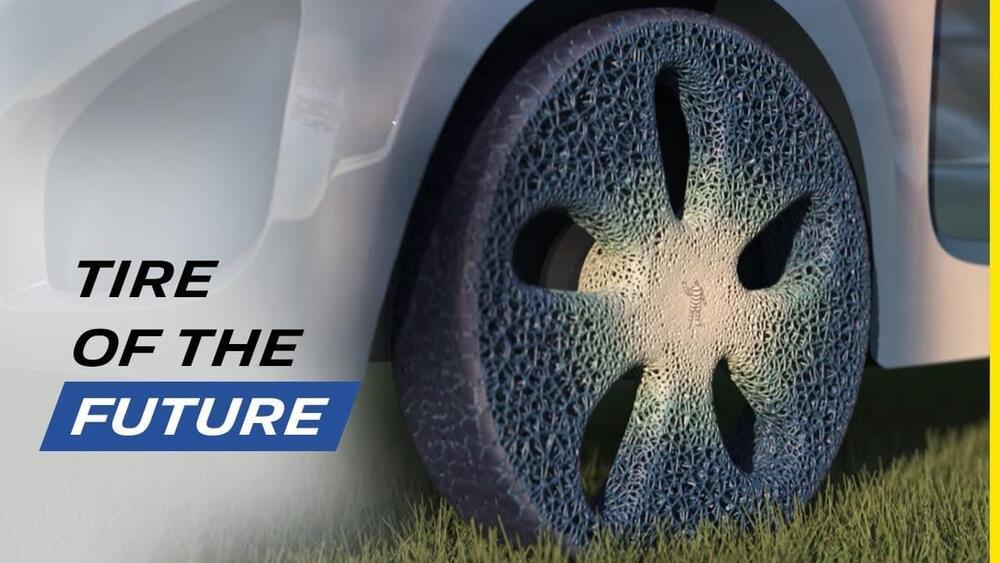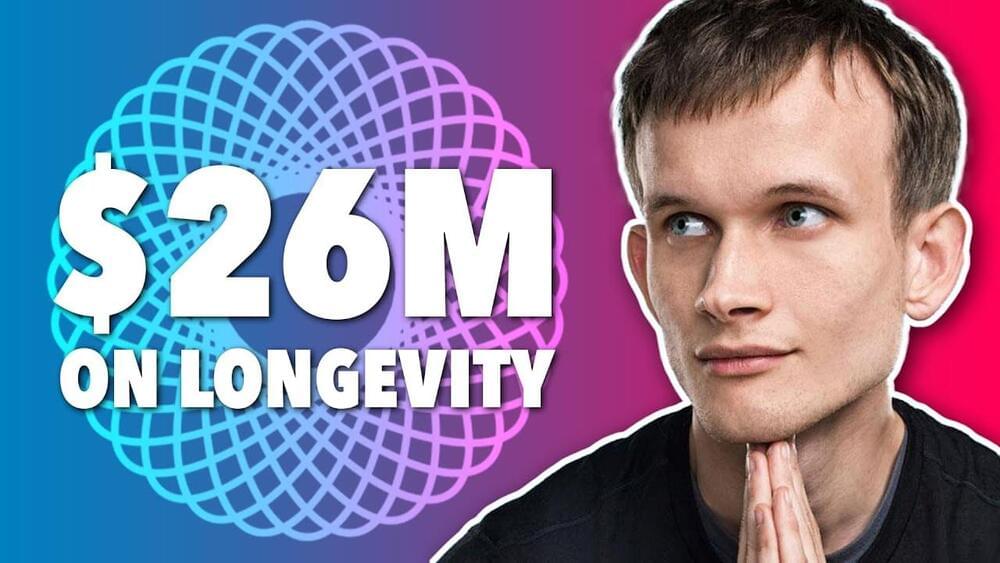Sep 13, 2021
The UK Just Launched the World’s First Graphene-Infused Road Upgrade
Posted by Jason Blain in categories: government, materials
In a press statement from the UK government, the work is described as a “world first.” The material is being used as part of a trial, meaning that the UK government will keep a close eye on the newly-laid surface over the coming years to discern whether graphene can be used more widely to increase the durability and lifespan of roads.
The concept has been meticulously tested in labs, now it’s time for a real-world application.


















